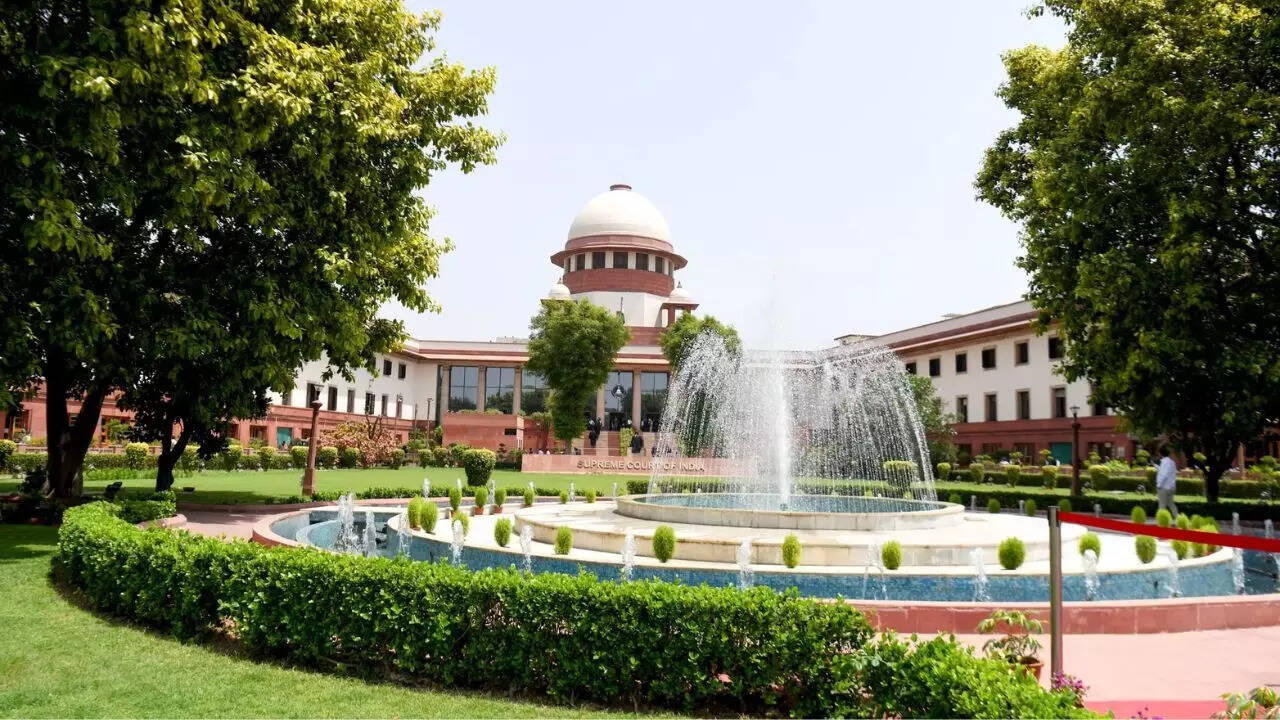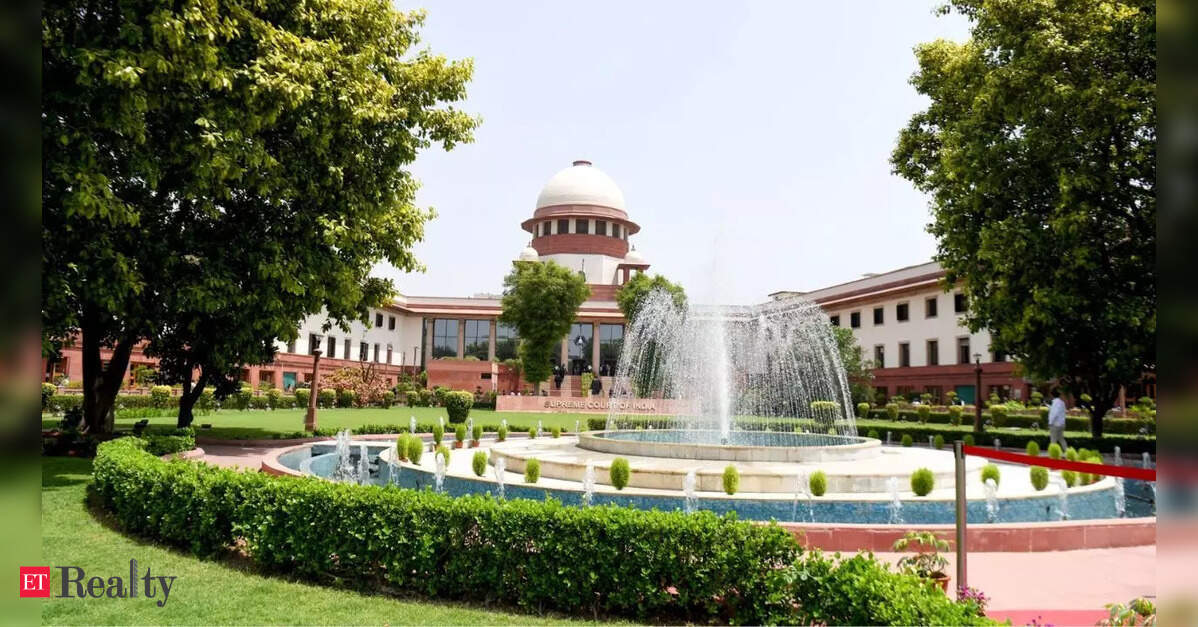
GURUGRAM: The Supreme Court has dismissed a special leave petition (SLP) that contested Haryana’s stilt+4 construction policy, permitting the petitioner to seek interim relief from the Punjab and Haryana High Court.
This case has generated significant public interest, particularly among residents and civic organizations who have raised concerns about uncontrolled urban expansion and its impact on infrastructure.
The petition, submitted by Sunil Singh, challenged the Haryana government’s notification dated July 2, 2024, which authorizes stilt+4 floor constructions on residential plots. Critics argue that these developments further strain the city’s already burdened infrastructure, including water supply, sewage treatment, drainage systems, and road networks.
The Supreme Court bench, consisting of Justice BV Nagarathna and Justice KV Viswanathan, has determined that the High Court should evaluate the petitioner’s requests for interim relief based on their merits. Among these requests is a demand for a stay on all new construction approvals and a suspension of occupancy certificates for ongoing projects.
Furthermore, the petitioner is advocating for the establishment of an independent oversight committee, chaired by a retired Supreme Court judge, to ensure adherence to building regulations and environmental protections.
Recognizing the urgent nature of the issue, the Supreme Court has permitted the petitioner to request an expedited hearing in the High Court, originally scheduled for October 30, with the potential to move it to August. “This is a matter of critical public concern. Infrastructure failure is already apparent in numerous areas of Gurgaon. We require immediate action before irreversible damage occurs,” stated the petitioner’s counsel, Nivedita Sharma.
The case continues to generate discussion among policymakers and citizens, with detractors arguing that the stilt+4 policy favors real estate interests at the expense of strategic urban development. Meanwhile, the Haryana government defends that the policy aims to optimize land utilization and address housing needs.
The High Court is now expected to prioritize this matter as instructed by the Supreme Court, with its decision likely to have far-reaching implications for urban planning in Gurgaon and other rapidly urbanizing cities.




